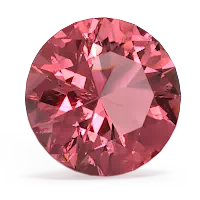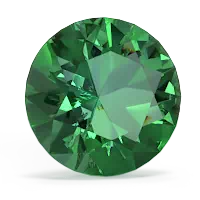

Never more popular, dangly earrings are not just for diamonds anymore. Browse our selection of dangly and drop Pink Tourmaline earrings and make a fashion statement! Tourmaline symbolizes wisdom, strength of mind and eloquence. Wear a pink tourmaline pendant to become a more confident and impressive individual. Emerald is associated with Venus, the Greek goddess of love and beauty. They say an emerald pendant can protect lovers from unfaithfulness.